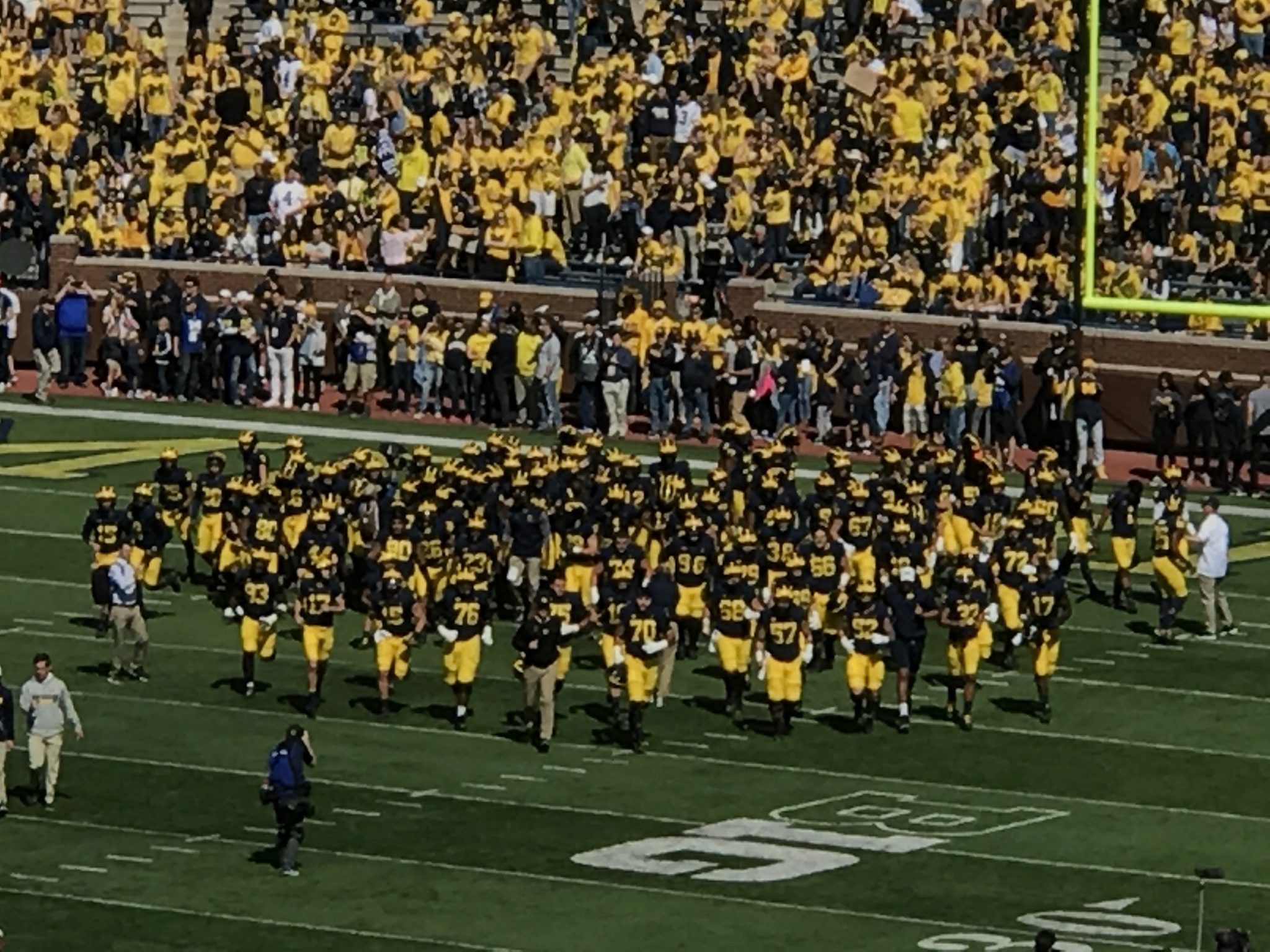College Football Cancelations An Opportunity to Treat Athletes Better
“We’re good at gritting our teeth through a big issue we should be doing something about,” says sportswriter Bill Connelly on how the NCAA is handling college athletes playing this fall

One of the most anticipated aspects of this fall was whether college athletics and, more specifically, college football, would return to our screens.
“This was the perfect summer for highlighting basically every infrastructural flaw in college football, now that we’ve seen the flaws we can’t deny them.” — Bill Connelly, ESPN
But this week, two major NCAA football conferences, the Big 10 and Pac-12, announced that they will be canceling their seasons and perhaps rescheduling them for later as coronavirus continues to impact many parts of this country.
Listen: How the NCAA can do right by its athletes during a pandemic
Guests
Bill Connelly is an ESPN staff writer who wrote a piece this week outlining what “a better future” for college athletes look like. His article points to how the pandemic exposed many of the issues college football has struggled to address for a long time, like player compensation, representation and centralized leadership.
Connelly says that football is shuttering for the season because many schools can’t afford the robust testing that it would require for an entire program. The complexities of contact tracing and test result wait times also make undertaking college football extremely difficult and liable for whatever outbreak could occur. Additionally, ESPN has recently reported that a rare heart condition that could be linked to the coronavirus is what pushed college athletic administrators to postpone.
“It seems we’re driving 85 miles per hour down a highway in a downpour, it just doesn’t feel right.”
“We just don’t know enough right now,” says Connelly. “It seems we’re driving 85 miles per hour down a highway in a downpour, it just doesn’t feel right.”
For NCAA athletes, even though the culture and the money in college athletics have changed drastically over the decades, they still aren’t permitted to make profits to be classified as amateurs as college students. However, these athletes don’t experience college like most other college students. Connelly reports that surveys show the public favors college athletes receiving compensation for their likeness and media rights.
“It’s just really, really hard to ignore that everything else has changed but we’re still holding on to a definition of student athletes that was cynical when it was created 55 years ago,” says Connelly.
span data-contrast=”auto” xml:lang=”EN-US”>Connelly also says that centralized leadership would help the NCAA navigate the pandemic so that each conference and region would not be left to their own devices.
This article was written by Detroit Today student producer Lauryn Azu.
Trusted, accurate, up-to-date
WDET is here to keep you informed on essential information, news and resources related to COVID-19.
This is a stressful, insecure time for many. So it’s more important than ever for you, our listeners and readers, who are able to donate to keep supporting WDET’s mission. Please make a gift today.
